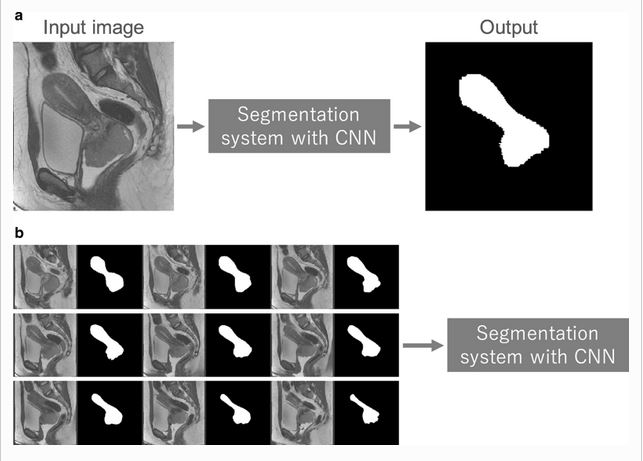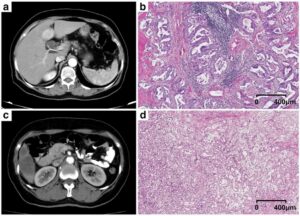Numerous domains, including radiology, have shown interest in convolutional neural network (CNN) – a class of artificial neural networks that has become dominant in various computer vision tasks. It is designed to automatically and adaptively learn spatial hierarchies of features through backpropagation by using multiple building blocks, such as convolution layers, pooling layers, and fully connected layers. This review article offers a perspective on the basic concepts of CNN and its application to various radiological tasks, and discusses its challenges and future in the field of radiology.
Key Points:
- Convolutional neural network is a class of deep learning methods which has become dominant in various computer vision tasks and is attracting interest across a variety of domains, including radiology.
- Convolutional neural network is composed of multiple building blocks, such as convolution layers, pooling layers, and fully connected layers, and is designed to automatically and adaptively learn spatial hierarchies of features through a backpropagation algorithm.
- Familiarity with the concepts and advantages, as well as limitations, of convolutional neural network is essential to leverage its potential to improve radiologist performance and, eventually, patient care.
Article: Convolutional neural networks: an overview and application in radiology
Authors: Rikiya Yamashita, Mizuho Nishio, Richard Kinh Gian Do and Kaori Togashi













